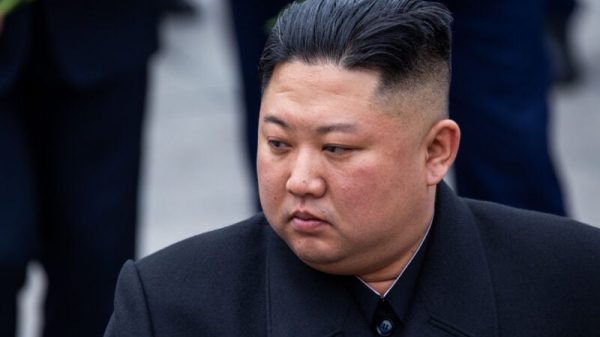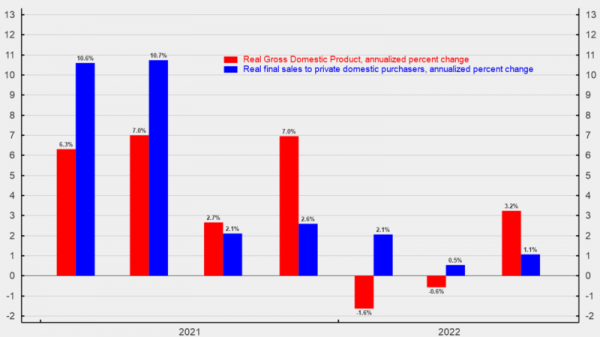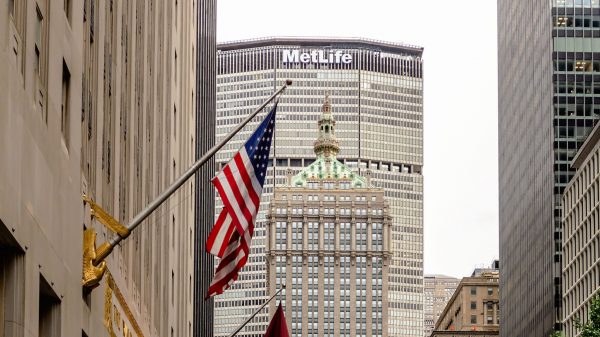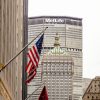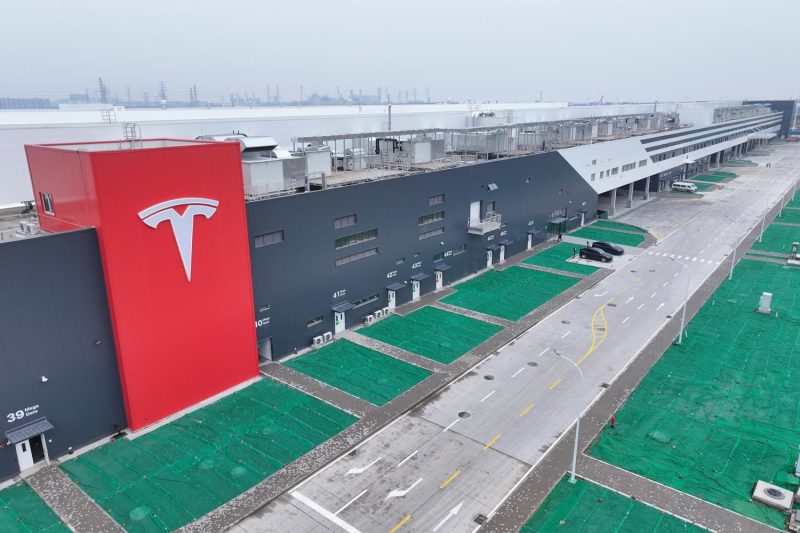
Tesla has inked its first deal to build a grid-scale battery power plant in China amid a strained trading relationship between Beijing and Washington.
The U.S. company posted on the Chinese social media service Weibo that the project would be the largest of its kind in China when completed.
Utility-scale battery energy storage systems help electricity grids keep supply and demand in balance. They are increasingly needed to bridge the supply-demand mismatch caused by intermittent energy sources such as solar and wind.
Chinese media outlet Yicai first reported that the deal, worth 4 billion yuan ($556 million), had been signed by Tesla, the local government of Shanghai and financing firm China Kangfu International Leasing, according to the Reuters news agency.
Tesla said its battery factory in Shanghai had produced more than 100 Megapacks — the battery designed for utility-scale deployment — in the first quarter of this year. One Megapack can provide up to 1 megawatt of power for four hours.
“The grid-side energy storage power station is a ‘smart regulator’ for urban electricity, which can flexibly adjust grid resources,” Tesla said on Weibo, according to a Google translation.
This would “effectively solve the pressure of urban power supply and ensure the safe, stable and efficient electricity demand of the city,” it added. “After completion, this project is expected to become the largest grid-side energy storage project in China.”
According to the company’s website, each Megapack retails for just under $1 million in the U.S. Pricing for China was unavailable.
The deal is significant for Tesla, as China’s CATL and carmaker BYD compete with similar products. The two Chinese companies have made significant inroads in battery development and manufacturing, with the former holding about 40% of the global market share.
CATL was also expected to supply battery cells and packs that are used in Tesla’s Megapacks, according to a Reuters news source.
Tesla’s deal with a Chinese local authority is also significant as it comes after U.S. President Donald Trump slapped tariffs on imports from China, straining the geopolitical relationship between the world’s two largest economies.
Tesla Chief Executive Elon Musk was also a close ally of President Trump during the initial stages of the trade war, further complicating the business outlook for U.S. automakers in China.
The demand for grid-scale battery installation, however, is significant in China. In May last year, Beijing set a new target to add nearly 5 gigawatts of battery-powered electricity supply by the end of 2025, bringing the total capacity to 40 gigawatts.
Tesla has also been exporting its Megapacks to Europe and Asia from its Shanghai plant to meet global demand.
Capacity for global battery energy storage systems rose 42 gigawatts in 2023, nearly doubling the total increase in capacity observed in the previous year, according to the International Energy Agency.
— CNBC’s Arjun Kharpal contributed reporting.












